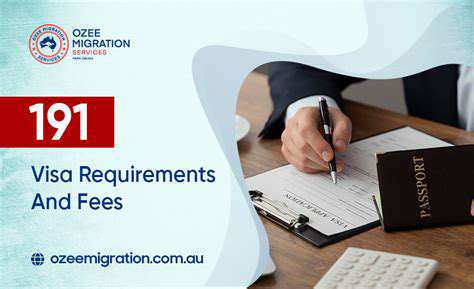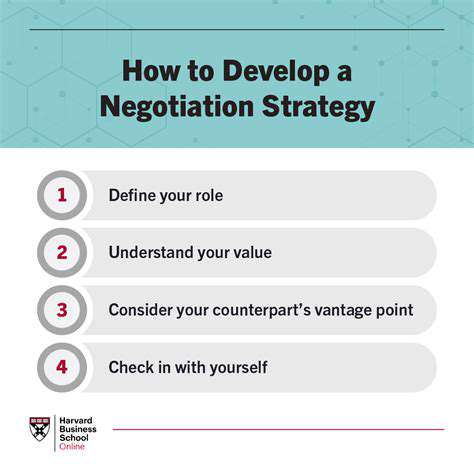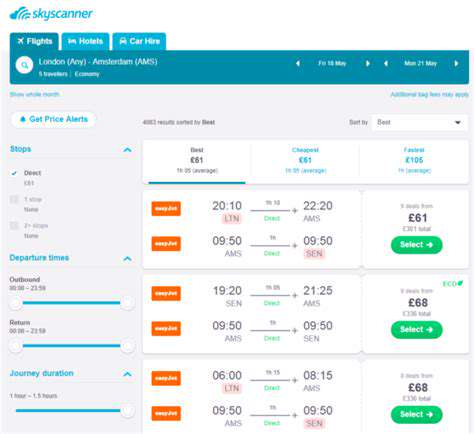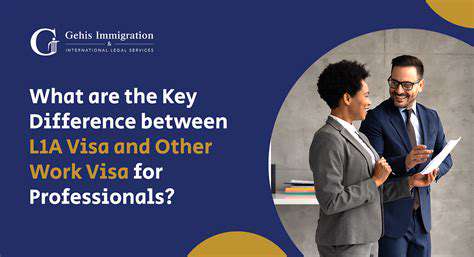How to Apply for an Indian Tourist Visa
Passport and Visa Information
Before setting off on your journey to India, it's imperative to verify that your passport remains valid for a minimum of six months beyond your planned departure date. Securing precise details about visa prerequisites is equally critical. Investigate the exact specifications for tourist visas to India, taking into account variables such as your country of origin and the duration of your intended visit. Citizens from different nations may encounter distinct application protocols and varying fee structures. Grasping these specifics will facilitate a smoother application process and help circumvent unnecessary hold-ups.
Make certain your passport contains enough unused pages for visa endorsements. A passport that's in good condition, free from any damage or unauthorized modifications, is a fundamental requirement for an uncomplicated visa application. A pristine and easily readable passport significantly aids the visa officer in processing your request efficiently. It's also prudent to keep photocopies of your passport's biographical pages for your personal records.
Travel Itinerary and Accommodation Details
Compiling a thorough travel schedule that specifies your arrival and departure dates is indispensable. This should encompass exact dates and destinations you plan to explore while in India. Such meticulous planning showcases your travel intentions to immigration officials. Incorporate the names and physical addresses of your booked lodgings in India, which serves as proof of your planned stay and indicates your capacity to finance your accommodation needs.
Pre-booking your accommodations is strongly advised. This forward-thinking strategy not only guarantees you a place to stay but also ensures you have comfortable lodging after days filled with sightseeing and adventures. Having confirmed reservations underscores your organizational skills for the trip. Be sure to document the complete address and contact information for each accommodation.
Financial Documents and Proof of Funds
Establishing your financial stability is a pivotal component of the visa application procedure. You'll need to present documentation proving you possess adequate funds to support yourself throughout your Indian sojourn. This might include recent bank statements, credit card summaries, or other financial records that clearly illustrate your monetary resources. These documents enable visa officers to evaluate your financial capacity to sustain your travel plans.
Ensure all financial documentation is up-to-date and accurately represents your current financial situation. Clearly demonstrating your financial means not only shows your ability to fund your trip but also helps prevent delays caused by perceived financial insufficiency. If your funds originate from particular investments or other specific sources, include documentation to that effect.
Flight Booking Confirmation
A verified flight reservation is paramount as it validates your travel plans and demonstrates your intention to return to your home country. Including a copy of your round-trip flight details is mandatory for the visa application, as it provides concrete evidence of your travel arrangements and your commitment to departing India after your visit. This document serves as official verification of your transportation plans.
Copies of Previous Visas (if applicable)
Should you have obtained Indian visas in the past, submitting copies of these can be beneficial. This allows immigration authorities to review your travel history and visa application patterns, potentially expediting the current process. Maintaining records of prior visas indicates a history of adherence to visa regulations.
Health Insurance and Travel Insurance
Securing travel insurance is crucial for your protection and peace of mind. A comprehensive policy that covers medical emergencies and possible trip disruptions is essential for international travel. Such coverage safeguards against unexpected medical costs or other unforeseen events that might occur during your journey. Possessing valid travel insurance reflects your preparedness for potential challenges.
Contact Information and Emergency Contacts
Providing accurate contact details is fundamental for official communications. Include your permanent address, telephone number, and email address to facilitate correspondence with authorities. Additionally, list emergency contacts who can be reached if situations arise during your stay, ensuring you have support if needed. Supplying emergency contact information is a critical aspect of demonstrating your thorough preparation for the trip.
Visa Fees and Payment Methods

Visa Application Fees
Visa application fees can vary considerably based on your nationality and the visa category you're applying for. These charges are generally non-refundable and are implemented to cover processing expenses, including security screenings and administrative costs. It's absolutely essential to verify the current fee structure directly with the relevant embassy or consulate, as these amounts are subject to change. Being aware of the exact fees beforehand allows applicants to budget appropriately for the application process.
Moreover, there might be supplementary costs for required documentation, such as notarized translations or passport photos. These additional expenses should be incorporated into your overall visa application budget.
Payment Methods
Visa fees can typically be remitted through various channels, often including cash payments, bank transfers, and digital payment systems. An increasing number of diplomatic missions now facilitate online payments, offering enhanced convenience and security compared to traditional methods. This is particularly advantageous for applicants residing in different countries from where the embassy or consulate is located.
It's imperative to ascertain the exact payment options accepted by the specific diplomatic mission processing your application. Different locations may have varying preferences, so verifying this information in advance helps prevent complications.
Currency and Exchange Rates
Visa fees are ordinarily denominated in the local currency of the issuing country. Applicants must stay informed about current exchange rates to calculate the precise amount required in their home currency. Exchange rate fluctuations can impact the final cost, so monitoring these rates prior to making payments is advisable.
Consulting with your bank or financial institution for the most recent exchange rate information is highly recommended before initiating any international transactions.
Visa Processing Time
The duration for visa processing can be affected by multiple variables, including the completeness of your application, the visa category, and the current workload at the processing center. Recognizing these potential delays is crucial for applicants to schedule their travel plans realistically. Processing times can significantly influence when you receive your visa.
Alternative Payment Options
Certain diplomatic posts may accept alternative payment instruments like money orders or certified checks for visa fees. Applicants should meticulously investigate and confirm these alternative options with their specific embassy or consulate. This due diligence is vital to avoid any processing hiccups. Occasionally, these alternative methods come with particular formatting or documentation requirements that must be strictly followed.
Important Considerations and Potential Challenges
Visa Requirements and Application Procedures
Successfully navigating the Indian visa application process presents a notable challenge for many travelers. Comprehending the exact visa stipulations for your nationality is paramount. India offers various visa classifications catering to different purposes like tourism, business ventures, or medical treatment. Conducting thorough research about required documentation - including passport validity, photographs, and financial proofs - is essential for a seamless application. The procedure may entail submitting digital forms, providing supporting documents, and possibly attending an in-person interview at an Indian diplomatic mission. This step is critical for ensuring application success and avoiding potential rejections or postponements.
Complete and accurate documentation is non-negotiable. Even a single missing document or incorrectly completed form can result in processing delays or outright rejection. Scrupulously reviewing all submitted materials and confirming the validity of your passport and other required documents is necessary to prevent time-consuming and costly setbacks. Processing times can fluctuate based on several factors including application volume, visa category, and the specific embassy or consulate handling your case. Initiating the application process well ahead of your intended travel dates is strongly recommended to circumvent last-minute complications.
Accommodation and Transportation Considerations
Securing appropriate lodging is fundamental to an enjoyable Indian travel experience. Exploring various options - ranging from economical guesthouses to upscale hotels - accommodates diverse preferences and financial plans. Familiarizing yourself with local customs regarding accommodation enhances your stay's quality. Moreover, selecting lodgings near major attractions and transportation nodes can optimize your travel efficiency and reduce stress. Effective transportation planning within India is equally important for hassle-free travel. Choices span from culturally immersive train journeys to more budget-conscious bus travel. Examining different transport modes and their accessibility, especially considering India's vast distances, is crucial for comfortable and efficient mobility.
Advance reservations for both accommodations and transportation, particularly during peak seasons, are strongly advised to ensure availability. This proactive measure helps avoid unexpected challenges. Acquainting yourself with local transit systems - including bus networks, train timetables, and taxi services - will greatly simplify navigation through Indian cities and towns. Learning about regional customs and etiquette related to transportation can improve interactions with locals and contribute to a more pleasant travel experience.
Cultural Sensitivity and Etiquette
India's diverse cultural landscape demands respectful engagement to ensure a rewarding travel experience. Appreciating the importance of local traditions concerning attire, dining customs, and social conventions is vital. Demonstrating reverence at religious sites and during spiritual practices is essential for maintaining harmony and preventing unintended disrespect. Researching region-specific customs for your planned destinations is highly recommended. This preparation shows cultural awareness and fosters positive community interactions. Learning basic Hindi phrases can also enrich your exchanges and demonstrate cultural appreciation. Displaying genuine interest in local traditions often leads to more meaningful connections.
Religious sensitivity is particularly crucial. Appropriate dress and behavior are mandatory when visiting sacred sites. Understanding photography restrictions and protocols for interacting with religious figures helps prevent misunderstandings. Similarly, observing social norms regarding greetings and personal space promotes positive interactions. Investigating specific cultural nuances for your intended destinations significantly enhances your ability to navigate India respectfully and enjoyably. This approach cultivates mutual respect and leads to a more culturally immersive journey.
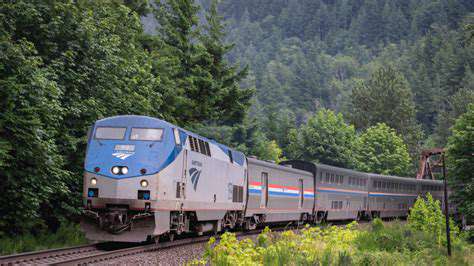
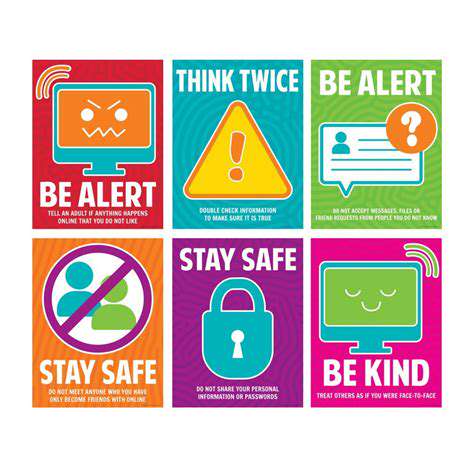
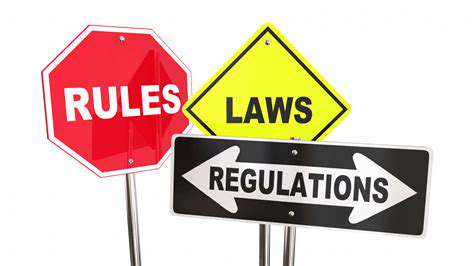
![Family Travel Itinerary Ideas [Worldwide Destinations]](/static/images/27/2025-05/ExoticAsianExplorations3AAncientWondersandVibrantCultures.jpg)
